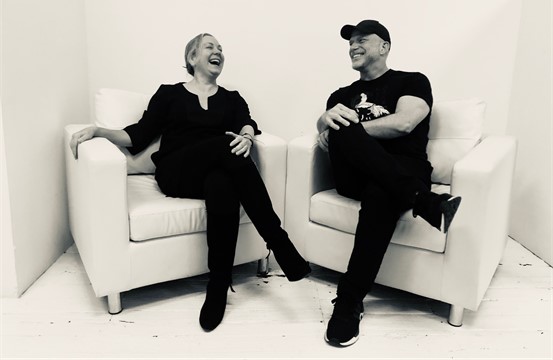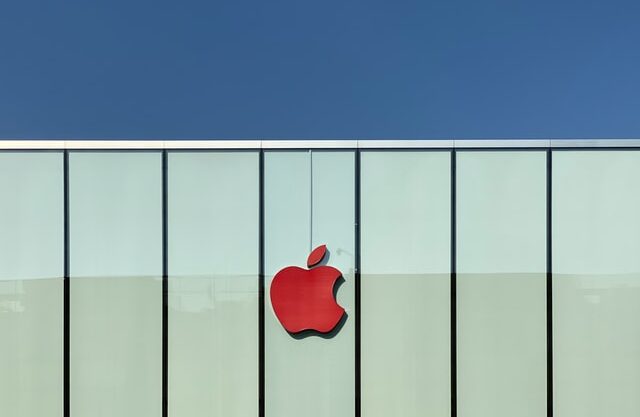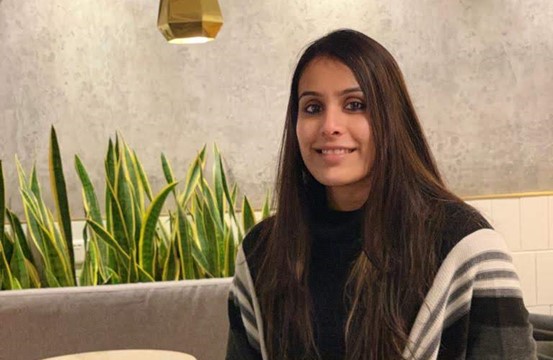This inspiring story is of a rising startup called MASAMI started by Lynn Power. MASAMI’s objective is to create high performing haircare products that are good for you and good for the environment. We believe you shouldn’t have to trade off your health for beauty. Here is the story of MASAMI in Lynn’s own words.
Introduce us to the idea of MASAMI
MASAMI is a clean premium haircare with a Japanese ocean botanical for massive hydration. Our debut line launched in February 2020 with shampoo, conditioner, shine serum, and shine serum. MASAMI is luxurious and high performing without bad ingredients: no sulfates, parabens, or phthalates. Most people don’t realize that 90% of haircare in the US still has toxins.
We created MASAMI with the belief that when we take from the earth, we should give back. So, we created the MASAMI Institute to help fund ocean research and education in Northeastern Japan where we get our main ingredient. Our products are made with Mekabu powder, harvested through a family-owned seaweed company, which means they give your hair botanical hydration without weighing it down.
MASAMI is gender neutral and works on virtually every hair type. All MASAMI products are vegan and cruelty-free.
What’s your strategy story? What led you to start MASAMI?
I had worked in advertising my entire career (I was formerly CEO of J. Walter Thompson in NY and before that, President of Arnold NYC). I had achieved all that I planned and imagined in advertising and I realized that the more senior I got, the more time I was spending on finance, HR, legal, and not doing what I love — which is building brands.
I left in April 2018 to start a brand consultancy, The HMS Beagle, where my partner, Joseph Jaffe, and I were working almost exclusively with startups. I found this to be very rewarding as it felt like we were really able to make an immediate business impact.
And then later in 2018, I met my haircare partner, James Hammett. He had been working with my husband and has asked his advice on how to move forward on his haircare formulations. He’d been working on the formulations with an amazing chemist in Chicago for 10 years and needed help figuring out branding, go-to-market strategy, and overall business strategy.
Given my beauty background (I have worked on Clinique, L’Oreal, Nexxus, and more), we decided to meet up. He and his husband came over to my apartment for dinner. And almost immediately, it felt like we had a common goal. We decided pretty quickly to go into business together and we created MASAMI. It took us about 18 months to sort out branding, packaging, do some consumer testing on our formulations, get our DTC plan in order. And then we launched in February 2020 at New York Fashion Week.
What marketing, operation strategies are you adopting at MASAMI?
We are a DTC+ brand, which means we are heavily DTC oriented, but are also in salons and in select retailers. As a startup that’s self-funded (we haven’t taken any investment money), we have been very scrappy about our marketing plans. We’ve built a great team who is equity based and very committed to MASAMI and includes a digital acquisition expert, PR team, a content creator, CFO and business development executive.
We are very content-focused which is something any startup can do with minimal cost. We are very active on social across Instagram Facebook, Twitter, Pinterest, and YouTube and advertise across all of them as well as Google.
We create blogs (which helps with SEO), live streams, giveaways. We also have partnered with other like-minded indie brands like Serucell, Sweet & Kind, Romer Skincare, Clean Beauty Kit, Veronique Gabai, Hampton Sun, and more. We’ve even partnered with several Japanese brands like Ramen Hero, R’s Koso, Misaky Tokyo just to name a few.
These partnerships have really helped all of us grow and learn, which has been essential this year as Covid has really impacted consumer behavior dramatically as we all know. We also do a ton of podcasts — I find that those are a great place to share our story with minimal cost. Plus they are evergreen, unlike digital ads. We also do quite a bit of sampling and influencer marketing — also critical for a new brand to create credibility and reviews.
Any strategy mistakes you have made and what did you learn?
Understanding your target customer is critical — especially if you can “clone” their profile to find more customers like them. When we launched, we had assumed our customer would be the appealing target of HENRY’s (high earners, not rich yet) — 30-year-old urban beauty explorers with discretionary income who lived on the coasts.
And while we certainly had some of those customers, we’ve found that actually many of our customers are a bit older (40-50), are hair challenged (dry, damaged, frizzy hair), pregnant (a time when you revisit your choices of what you are putting in and on your body) and men (40% of our customers). So, we’ve evolved our targeting strategies to more overtly speak to these groups.
Finally what advice do you have for your fellow entrepreneur readers?
- Don’t put off creating your brand positioning and story. Many of the startups I worked with focused on their product, not their brand — which meant their brand voice was all over the place. So spend some time upfront to get this right, including your brand values. It will impact almost everything you do.
- Understand what capabilities you need as well as what you’re good at (and not). You don’t need to know everything, but make sure you have people on your team who can figure it out.
- Build a network of advisors, mentors, and supporters. This is so important to be able to compare notes, make intros, offer tips, or just vent.
Disclaimer: The information in the above story is provided by the startup and The Strategy Story takes no responsibility for the authenticity of the product and services offered by the startup. Reader’s discretion is advised.
Check out stories of other aspiring Entrepreneurs
OR
Also, check out our most loved stories below

Johnnie Walker – The legend that keeps walking!
Johnnie Walker is a 200 years old brand but it is still going strong with its marketing strategies and bold attitude to challenge the conventional norms.

Starbucks prices products on value not cost. Why?
In value-based pricing, products are price based on the perceived value instead of cost. Starbucks has mastered the art of value-based pricing. How?
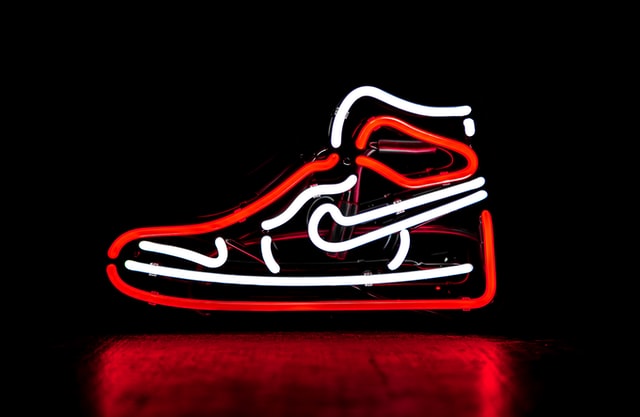
Nike doesn’t sell shoes. It sells an idea!!
Nike has built one of the most powerful brands in the world through its benefit based marketing strategy. What is this strategy and how Nike has used it?

Domino’s is not a pizza delivery company. What is it then?
How one step towards digital transformation completely changed the brand perception of Domino’s from a pizza delivery company to a technology company?

BlackRock, the story of the world’s largest shadow bank
BlackRock has $7.9 trillion worth of Asset Under Management which is equal to 91 sovereign wealth funds managed. What made it unknown but a massive banker?
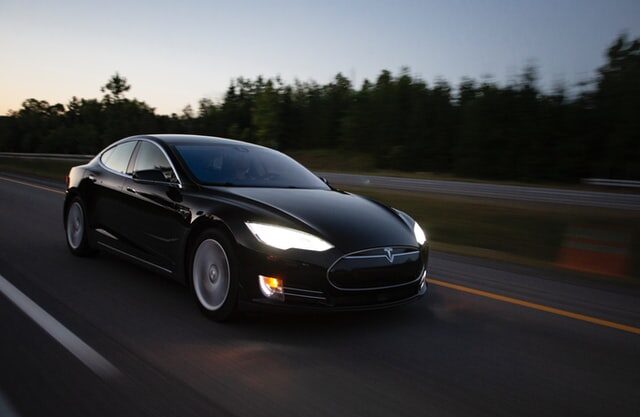
Why does Tesla’s Zero Dollar Budget Marketing Strategy work?
Touted as the most valuable car company in the world, Tesla firmly sticks to its zero dollar marketing. Then what is Tesla’s marketing strategy?
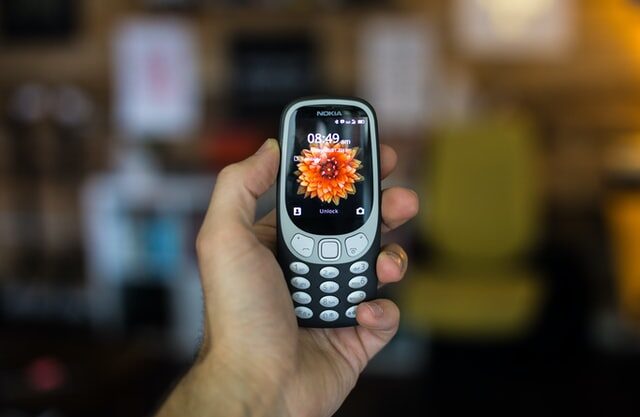
The Nokia Saga – Rise, Fall and Return
Nokia is a perfect case study of a business that once invincible but failed to maintain leadership as it did not innovate as fast as its competitors did!

